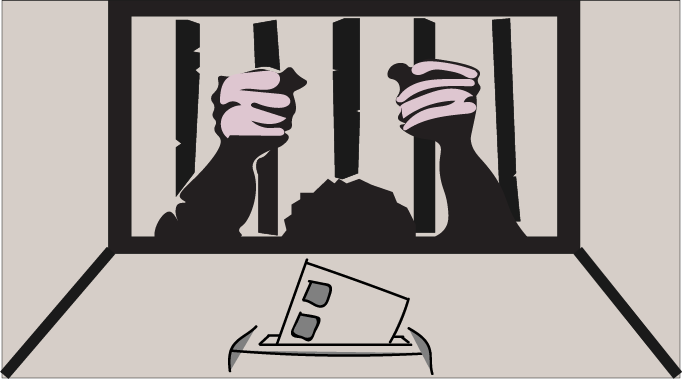She wanted the people in the crowd to sing back. They essentially issued a collective mutter.
To the credit of Wambura Mitaru—a singer-songwriter from Kenya who began studying at the Berklee College of Music in 2011—her stellar, breezy voice remained as steady as her smile as she performed on the stage at the Boston Book Festival in Copley Square on Saturday.
Impressive stage presence aside, however, I have to think she was disappointed by the lackluster call and response—a potent tradition in Sub-Saharan African music—in which she tried to engage the crowd.
A melody rolled off her tongue, and she beckoned for the crowd to echo her. A few of the braver souls in attendance complied, others just breathed out a melody that vaguely resembled the one that she had just weaved, and a few clapped their hands. It was enough to keep her going, and she repeated the exercise a few more times.
Mitaru’s performance was brilliant, but it was hard to watch her struggle for a hearty reaction. The call and response lost all sense of spontaneity, and became something to sit through, rather than the exulting musical expression that she clearly hoped it to be.
Don’t get me wrong—I hate crowd participation just as much as the next person. I dread the moment during concerts when a band’s frontman claps his hands in the air, an implied direction for the crowd to do the same. It almost physically hurts me when the crowd inevitably loses the proper rhythm, and I cringe watching the last person in the crowd still clapping his hands who slowly realizes that the moment has passed, forcing him to pretend that he meant to keep clapping that whole time before finally dropping his hands to his sides again.
I pretty much just nodded my head during Mitaru’s performance, looking around to see how others reacted to her efforts to create some musical relationship between herself and her audience.
I am not proud of this. Instead, I am rather ashamed of my fear of organized exuberance. You could argue, of course, that being directed to echo a singer’s melody or clap along to music is an inauthentic expression of how you are feeling at a given moment—if you just clap along as directed, then you are ignoring how the music is actually making you feel in a given moment.
But that, I would argue, is the point of organized exuberance that I have formerly missed. When Mitaru directed the crowd to echo her melody at the Boston Book Festival, she was not trying to tell the crowd how they were feeling; she was trying to get them outside of themselves, to give them a break from the constant concern about how they are feeling. Clapping along to music with a crowd or participating in a musical call and response should prevent people from worrying too much about how they appear, because they can just do what the crowd is doing in a healthy and revitalizing way.
I wish I had been in tune to this while watching Mitaru perform—I probably would have left the Boston Book Festival feeling a lot better had I wholeheartedly participated in the music she was trying to create instead of looking around at what others were doing to determine how they would feel about what I was doing.
Behind me, a woman in her 20s loudly sang along with Mitaru. At the time, I wondered if there was something wrong with someone who would let her or her voice be so loudly heard before the rest of the people in attendance. I forestalled my own chance to be a part of something outside myself when I shuffled past this bizarrely confident woman to be elsewhere.
But when I think about it now, she was the coolest person at the festival.
Featured Image by John Wiley / Heights Editor










